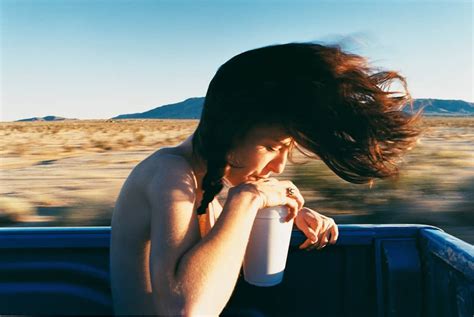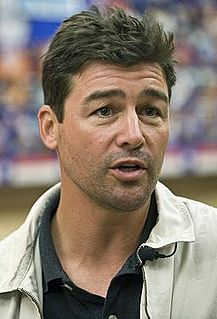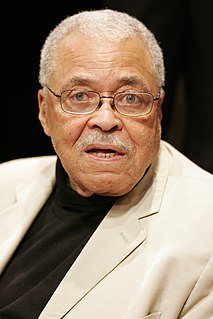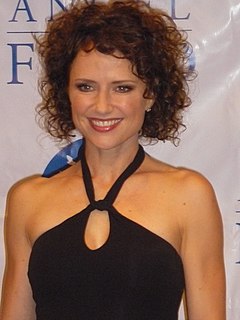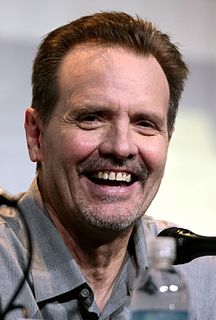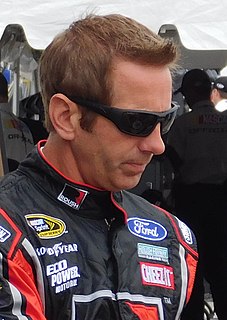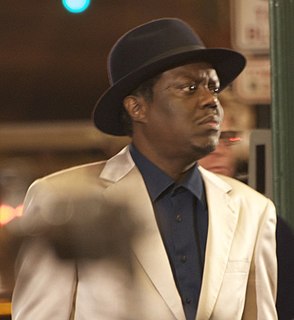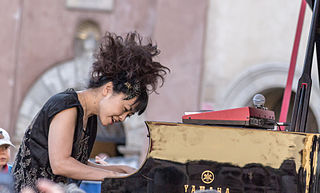A Quote by Ai Weiwei
When I first got into the first-year study after the Cultural Revolution, got into the same school with this group, I wasn't conscious of the so-called "Fifth Generation." I didn't like that kind of study condition because there's no real, true education there.
Related Quotes
I have a philosophy that white people would be interested in Native Americans because, first of all, it's probably the only group as a country we all study and know the history and then never study again past the age of 10. So I think we have these things we believe are true, that are just not true about what an audience wants.
Every time I sit down and write I got to put something conscious in there. It's like I got a job now. They say that for those that know you got to deal in equality. If you know and you don't speak on it and don't apply it, it's like you're the worst hypocrite. I feel I got a job to do, being that I study so much and I believe in Allah like I do, I feel like I got to spread the word.
Obviously, you've got to make the chase first, so first things first - get in the chase. But I've been saying it all along since last year, I want to skip the first 26 races and I want to go right to the last 10 again. That's where they pay the money. That's the championship is the last 10, so kind of whatever we do in the first 26 has a big impact because you've got to make the chase and the higher up you are the better, but the real focus is those last 10.
I learned hard lessons in life; I had to because I had so much happen: My mother died my sophomore year in high school. The next year, same day, my brother dropped dead. Two years after that, I got married because my girlfriend got pregnant. The year after my wedding, my father - who I had only recently met - died.
Today's children are living a childhood of firsts. They are the first daycare generation; the first truly multicultural generation; the first generation to grow up in the electronic bubble, the environment defined by computers and new forms of television; the first post-sexual revolution generation; the first generation for which nature is more abstraction than reality; the first generation to grow up in new kinds of dispersed, deconcentrated cities, not quite urban, rural, or suburban.

